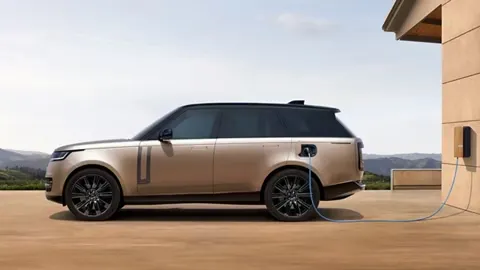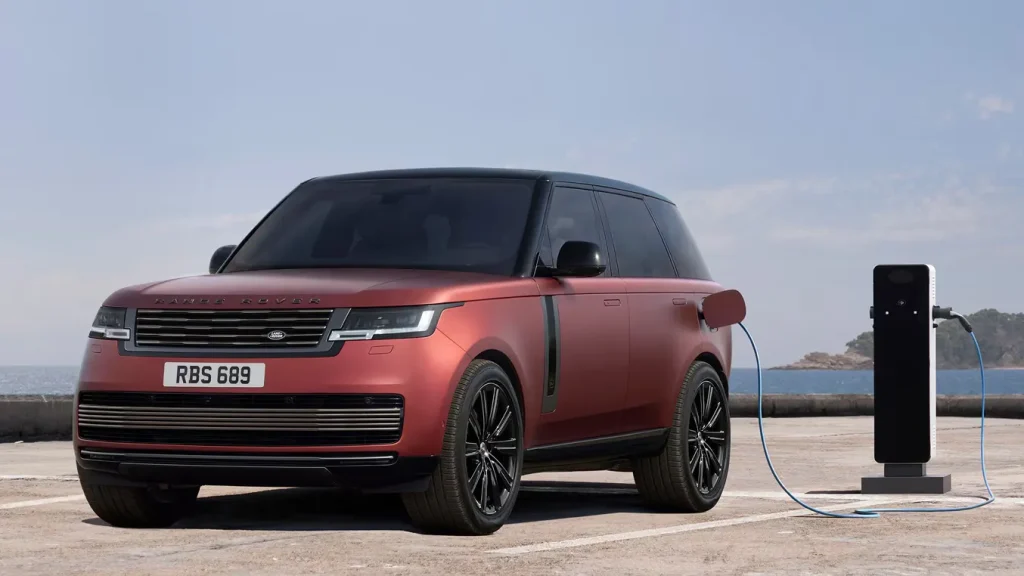Land Rover is conducting final-stage testing for its new electric Range Rover ahead of its 2025 launch. The tests are taking place in the United Arab Emirates, where temperatures reach 50°C with 90% humidity, following similar tests in the Arctic Circle earlier this year.

Thermal Management and Off-Road Performance
The primary focus of the tests includes evaluating the new Range Rover’s advanced thermal management system, designed to maintain cabin comfort in extreme heat. According to Jaguar Land Rover (JLR), the vehicles surpassed expectations in this area. Additionally, the cars’ off-road capabilities are being tested, particularly their new Intelligent Torque Management system, which improves traction by reducing torque reaction time to just one millisecond.
Enhanced Traction Control on Challenging Terrain
JLR has been testing the EV’s performance on Sharjah’s Big Red sand dunes, where the Intelligent Torque Management system was put to the test. The system replaces conventional traction control, providing better power distribution to the motors. Despite the challenging conditions, including five continuous uphill sand dune attempts, the cars showed no performance decline.

Innovation in Battery and Traction Control Systems
Product engineering director Thomas Müller emphasized the difficulty of testing battery-electric vehicles in hot climates. The Range Rover Electric’s combination of advanced thermal management and traction control systems ensures that power delivery remains unaffected, even when driving on sand. In fact, the new features have allowed the electric Range Rover to match or even surpass the performance of its internal combustion engine counterparts.
Final Prototype Tests and Future Launch
The electric Range Rover mules, pictured without camouflage to highlight their build quality, are nearing the end of their testing phase. These developments set the stage for the highly anticipated 2025 launch of the electric version, marking a significant step forward for JLR’s electric mobility efforts.
